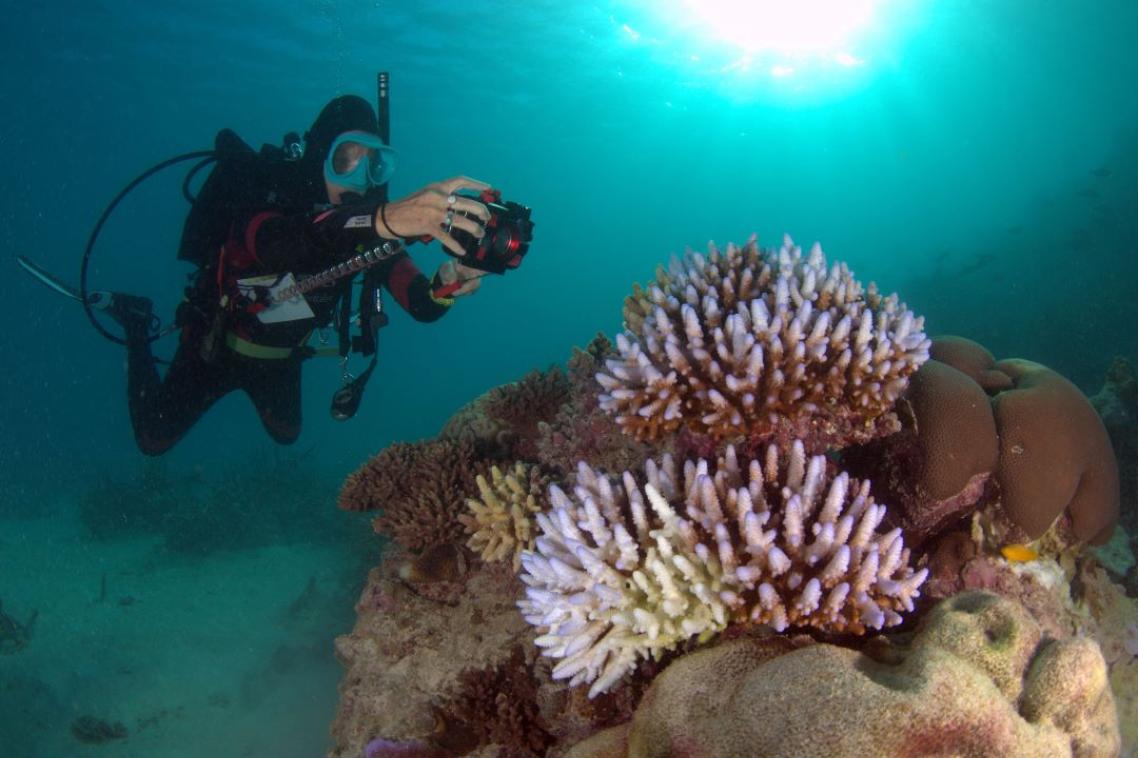Pets are good for you, says researcher
Pets play a large part in the physical and mental wellbeing of people, according to Brisbane GP Dr Wendy Moody.
Dr Moody bases her belief on a PhD study she is about to complete at the University of Queensland.
Over the past four years she has surveyed more than 700 people to find out their attitudes towards their pets and whether they thought the animals were beneficial or detrimental to their health.
Dr Moody then went on to measure blood pressure changes in a group of people with and without their pets, and finally she looked at whether pet ownership bestowed any protection against high blood pressure.
Her findings showed no evidence that companion animals had any effect on a person's blood pressure, leading her to conclude: 'You can't use pets as a substitute for medicine.'
However, her study also left Dr Moody convinced about the therapeutic benefits, both physical and mental, of owning or being around animals.
Accordingly she would like to see Australia follow the lead of many overseas countries and make far more use of animals in institutions such as hospitals (especially children's hospitals), nursing homes and schools.
Dr Moody, born and educated in Brisbane, studied medicine at the University of Queensland and then married a veterinary student. They subsequently set up practices next door to each other, one looking after people, the other animals.
Dr Moody said she had always been interested in the link between animal and human behaviour and the potential of animals as positive therapy for people.
Overseas she had seen pets being used to help patients at Great Ormond Street Children's Hospital, in London, and her PhD set out to examine the benefits of such interaction.
She began by surveying 736 people on their attitudes towards pet ownership, breaking respondents down into categories such as city and country, dog and cat owners, male and female.
'I received some very moving stories and without doubt the great majority of people were very pro-pets. Extremely few people felt harmed by their pets,' Dr Moody said.
'Companionship, stress reduction, the development of a strong emotional bond, help with coping, ability to touch and talk to the pet, and the non-judgemental attitude of the pet were commonly volunteered as the most beneficial effects.'
Dr Moody tested the blood pressure of a group of subjects with and without their pets at different times during the course of a day.
The aim was to throw light on the pitfalls of such studies which measure moment-to-moment changes in blood pressure. Changes recorded were negligible and no different to normal variations.
Next she examined a group of 82 patients from a suburban medical practice, half of whom had high blood pressure and half of whom did not.
Again Dr Moody found no appreciable differences between the two groups in terms of pet ownership, the perceived or actual attachment to pets or the subjective assessment of how much pets had helped the subjects cope with life's problems.
Some people who believed their pets were a great health boon were still in the high blood pressure group while the few people who said pets caused stress all belonged to the group with normal blood pressure.
Dr Moody believes her findings show pets are extremely important to most people and she is a strong advocate of using animals for their therapeutic value in areas such as mental health, education, care of the elderly and general health.
'Overall I believe pets can be very beneficial, often in a general sense of improving self-esteem and making people feel happy, and I would recommend the introduction of pet programs here of the sort that work so well overseas,' Dr Moody said.
'I don't know of any children's hospitals in Australia which, for example, have regular visits from pet dogs. With obvious practical safeguards against things like soiling and allergies, such visits should become routine.'
For further information, contact Dr Wendy Moody (telephone 3208 1022).
Related articles

Thousands of Queensland reef photos lead to worldwide change
“Art Museums are the site of public forum.”
Media contact
UQ Communications
communications@uq.edu.au
+61 429 056 139
